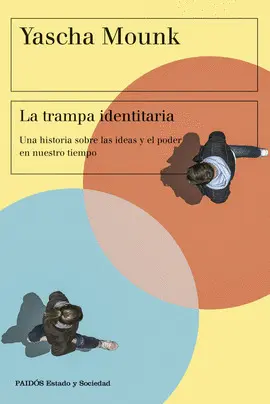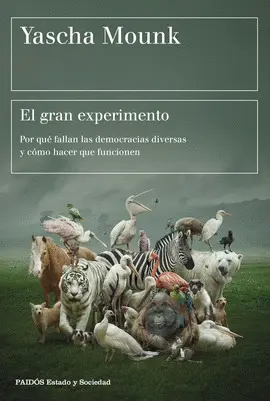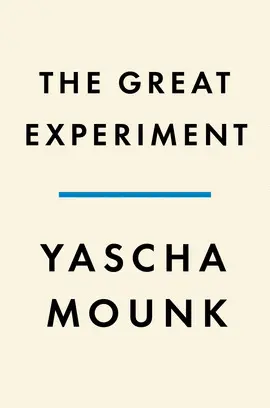The Great Experiment
Why Diverse Democracies Fall Apart And How They Can Endure
Yascha Mounk
u003cbu003eu003cbu003eu003cbu003e"u003c/bu003e[A] brave and necessary book u003cbu003e. . .u003c/bu003e Anyone interested in the future of liberal democracy, in the US or anywhere else, should read this book." —Anne Applebaumu003cbru003eu003cbru003e"A convincing, humane, and hopeful guide to the present and future by one of our foremost democratic thinkers." —George Packeru003c...
Sinopsis
u003cbu003eu003cbu003eu003cbu003e"u003c/bu003e[A] brave and necessary book u003cbu003e. . .u003c/bu003e Anyone interested in the future of liberal democracy, in the US or anywhere else, should read this book." —Anne Applebaumu003cbru003eu003cbru003e"A convincing, humane, and hopeful guide to the present and future by one of our foremost democratic thinkers." —George Packeru003cbru003eu003cbru003e"A rare thing: [an] academic treatise . . . that may actually have influence in the arena of practical politics. . . . Passionate and personal." u003cbu003e—Joe Klein, u003ciu003eNew York Times Book Reviewu003c/iu003eu003c/bu003eu003cbru003eu003cbru003eFrom one of our sharpest and most important political thinkers, a brilliant big-picture vision of the greatest challenge of our time—how to bridge the bitter divides within diverse democracies enough for them to remain stable and functionalu003c/bu003eu003c/bu003eu003cbru003eu003cbru003eSome democracies are highly homogeneous. Others have long maintained a brutal racial or religious hierarchy, with some groups dominating and exploiting others. Never in history has a democracy succeeded in being both diverse and equal, treating members of many different ethnic or religious groups fairly. And yet achieving that goal is now central to the democratic project in countries around the world. It is, Yascha Mounk argues, the greatest experiment of our time.u003cbru003e u003cbru003eDrawing on history, social psychology, and comparative politics, Mounk examines how diverse societies have long suffered from the ills of domination, fragmentation, or structured anarchy. So it is hardly surprising that most people are now deeply pessimistic that different groups might be able to integrate in harmony, celebrating their differences without essentializing them. But Mounk shows us that the past can offer crucial insights for how to do better in the future. There is real reason for hope.u003cbru003e u003cbru003eIt is up to us and the institutions we build whether different groups will come to see each other as enemies or friends, as strangers or compatriots. To make diverse democracies endure, and even thrive, we need to create a world in which our ascriptive identities come to matter less—not because we ignore the injustices that still characterize the United States and so many other countries around the world, but because we have succeeded in addressing them.u003cbru003e u003cbru003eu003ciu003eThe Great Experimentu003c/iu003e is that rare book that offers both a profound understanding of an urgent problem and genuine hope for our human capacity to solve it. As Mounk contends, giving up on the prospects of building fair and thriving diverse democracies is simply not an option—and that is why we must strive to realize a more ambitious vision for the future of our societies.
Comentarios
Sé el primero en comentar este libroArtículos relacionados
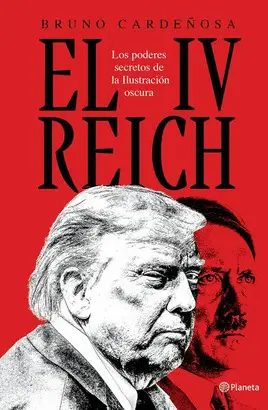
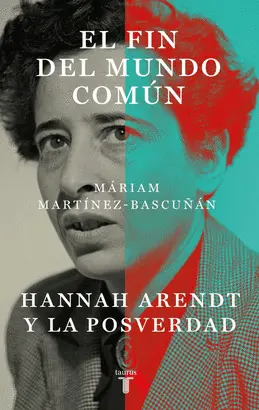
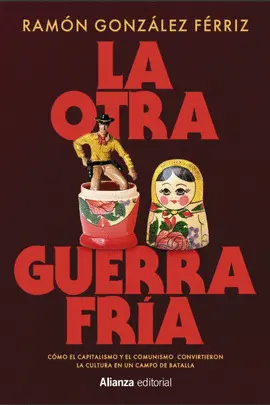
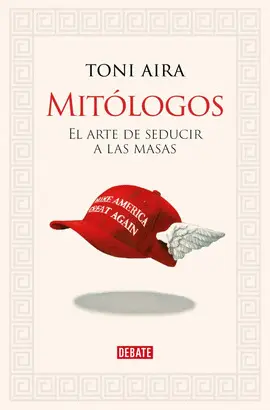
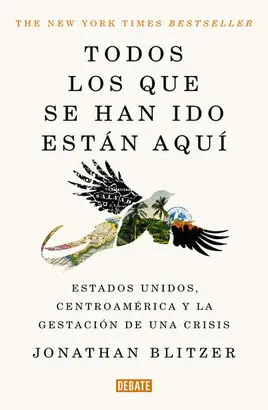

Otros libros del autor
